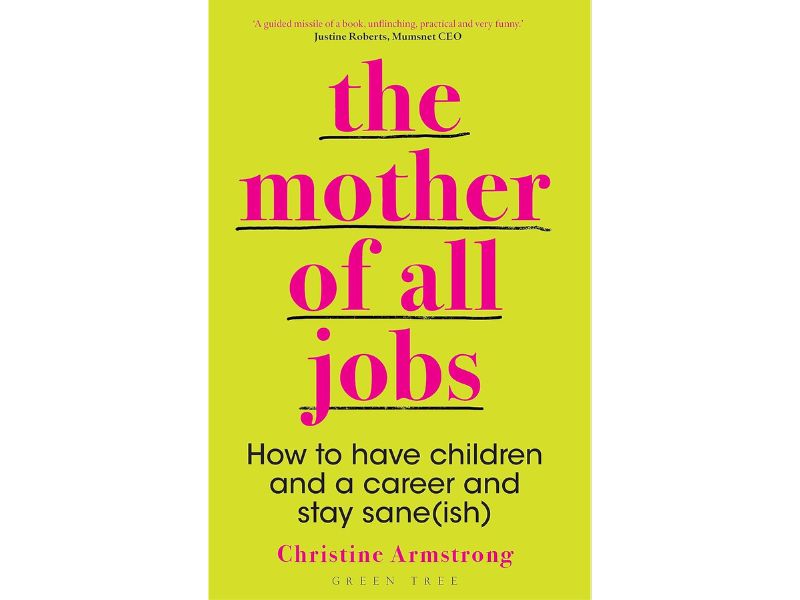There are many things that can cause friction in a relationship – from dividing up the daily chores to fighting over the TV remote – but your job shouldn’t be one of them.
Unfortunately however, according to recent research we commissioned at PageGroup, it appears our careers are causing more havoc at home than they should be.
Work life balance
Multiple theories exist about how to maintain a good work/life balance, but it’s not always as easy as it sounds. Leaving work stresses at the door when you get home can be challenging, particularly as technology now enables – and to a certain extent encourages – a 24/7 connection to the office. The result of this ‘always-on’ approach to work, however, can not only frustrate you, but your partner and family members too.
According to our data, more than one in two (53 per cent) UK workers who’ve been in a relationship admit to arguing with their partner due to job stress or being in a bad mood at the end of the working day. Even though you may put physical boundaries in place – such as switching off your work laptop or mobile device after 7pm – a stressful day at work can be harder to shake mentally.
Job hopping
The impact of such work stress is often reflected in our partner’s opinion of our careers – almost one in three (30 per cent) respondents think their partner should move jobs this year. Unhappiness (39 per cent), poor pay (37 per cent), the availability of better jobs (24 per cent), and a lack of career progression (also 24 per cent) were the top four reasons why.
In fact, our research suggests that our partners aren’t just thinking it, but openly talking to us about their concerns – around three in five (58 per cent) UK workers have actually been told to move jobs by their current partner.
When work stress gets too much, it’s natural to assume a new job is the answer – especially if it’s impacting your personal relationships. But is the problem broader than your current role? If you don’t have clear, long-term career progression goals – you could end up in the same situation six months, a year or two years down the line.
Career progression
The majority (70 per cent) of those who think their partner should move jobs, cited three main factors that are standing in the way of their next career move: fear of the unknown (41 per cent), concern about the current job market (27 per cent) and a lack of career direction (18 per cent).
This lack of career direction echoed in additional research PageGroup conducted at the end of 2016, which revealed that the majority (78 per cent) of UK workers admit to not having a concrete idea of their career progression for the year ahead.
Talk it out
Often, it is those closest to us that see our job situation for what it really is – they experience what we bring home on a daily basis. Rather than allowing it to cause friction, it can be a really interesting exercise to get their perspective on where your work life is headed when deciding what you want to achieve over the coming year.
Part of pinning down your career progression goals is understanding what it is that motivates you to move up in the world of work. Whether it is more money, greater responsibility or just a better work-life balance, the good news is that there is so much guidance out there to help set you on the path to achieving it. So why not take this opportunity to start a careers conversation with your significant other today?
About the author
By Oliver Watson, Executive Board Director, UK and NA, at PageGroup.









